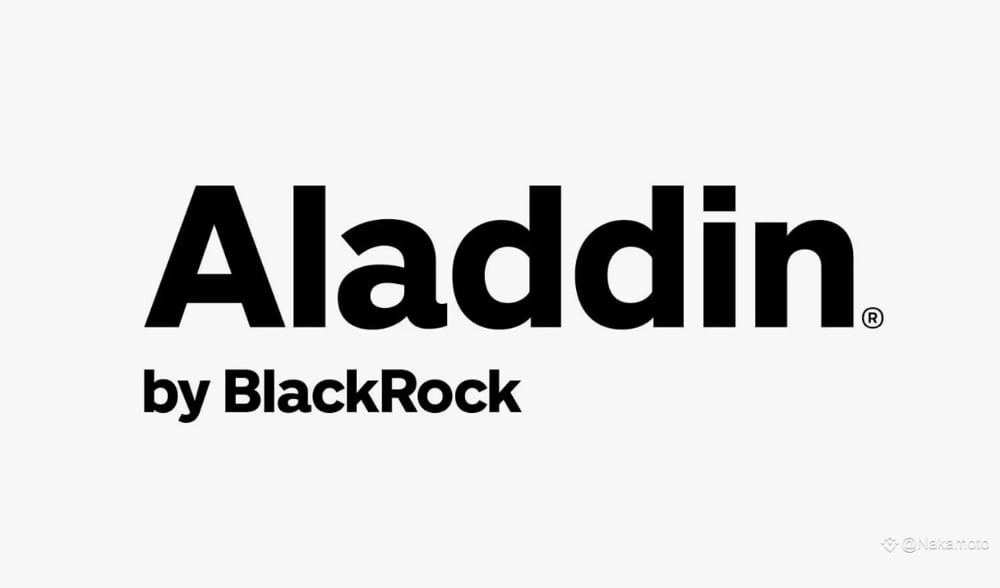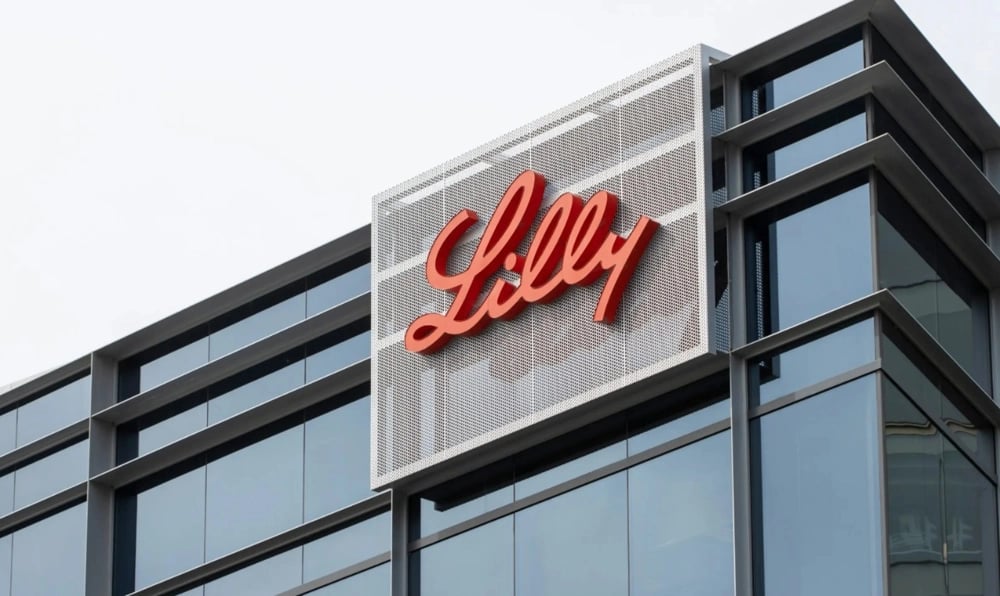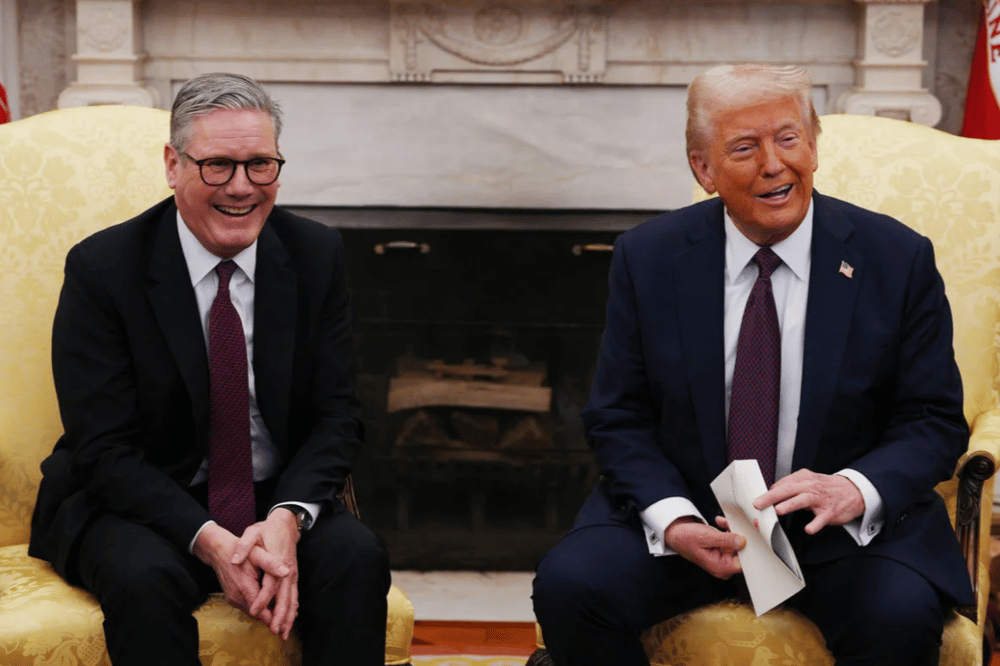OPmobility's Strategic Cost-Reduction Plans Amid U.S. Tariff Challenges
French automotive supplier OPmobility $OPM.PA is taking proactive measures to reduce costs in response to the economic impacts of U.S. tariffs. CEO Laurent Favre shared insights on the company's strategy during a media briefing, highlighting the potential challenges ahead given the company's ties with major U.S. automakers, including General Motors $GM, Stellantis $STLAM.MI, and Ford $F.
Overview of OPmobility's Response Strategy
As tariffs continue to shape the landscape for European suppliers, OPmobility's plan seeks to navigate these turbulent waters effectively. Below are the key points regarding the company's approach:
Cost-Reduction Initiatives:
The company is actively implementing measures aimed at reducing operational costs to offset the financial implications of U.S. tariffs on its supply chain.
Anticipated Supply Volume Declines:
OPmobility foresees potential decreases in supply volumes from its American clients in the latter half of the fiscal year, necessitating a strategic response to maintain profitability.
Factors Influencing OPmobility's Strategy
Reliance on Major U.S. Automakers:
With significant business linked to General Motors, Stellantis, and Ford, OPmobility is directly impacted by fluctuations in demand from these key partners.
Need for Flexibility:
The automotive industry is undergoing rapid changes, and suppliers like OPmobility must remain agile to adapt to shifting market dynamics effectively.

Implications for OPmobility and the Automotive Industry
Navigating Tariff Uncertainties:
The company's cost-cutting measures are crucial for sustaining its operations amid heightened uncertainty caused by tariffs and trade policies.
Long-Term Business Viability:
Successfully managing costs while addressing potential declines in demand will be vital for OPmobility to ensure long-term business viability and competitive positioning in the market.
Future Prospects and Strategic Focus
Strengthening Relationships:
Building stronger ties with clients can mitigate the impact of any downturns in orders and enhance collaborative efforts toward innovation.
Exploring New Markets:
Identifying growth opportunities beyond existing markets may provide OPmobility with additional revenue streams to counteract potential declines in the U.S.
Conclusion
OPmobility's commitment to implementing cost-reduction measures reflects a strategic response to the challenges posed by U.S. tariffs and anticipated shifts in supply volumes. By focusing on operational efficiency and sustaining key relationships with major automotive clients, the company aims to navigate the complexities of the current market landscape effectively. As the automotive industry continues to evolve, OPmobility’s proactive strategies will be essential for maintaining resilience and driving future growth.


















Comments